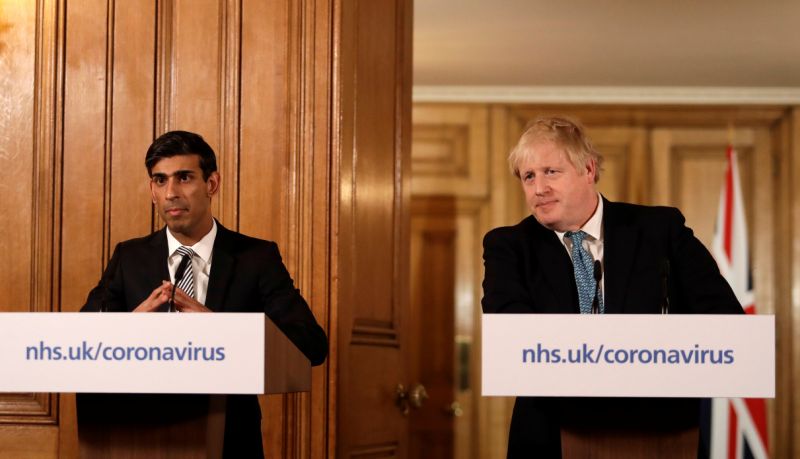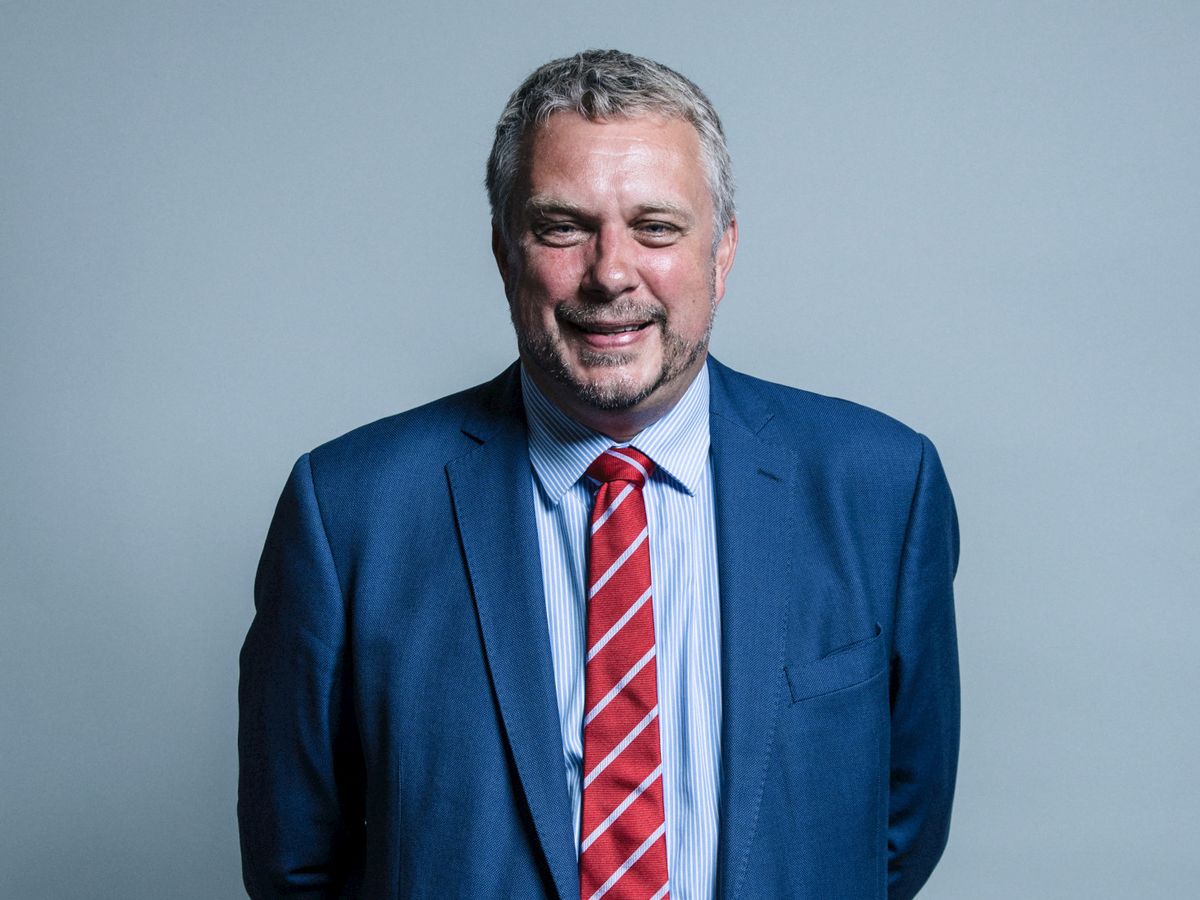Newquay and St Austell MP Steve Double has asked tourists not to visit Cornwall during the Covid-19 outbreak.
Double, and Cornwall Council leader Julian German, penned an open letter, which was posted on social media, asking people to cancel their holidays to the Duchy, citing that “an influx of thousands of tourists in the coming weeks will put unnecessary pressure on our services.”
Holly Hancock, a Newquay resident who works at Royal Cornwall Hospital Treliske, has said: “During this current climate, I think it is completely unacceptable for tourists to come to Cornwall and use the NHS resources. Cornwall as a county has 12 intensive care beds and is already very strained when it comes to providing healthcare for residents. Tourists coming to Cornwall to self isolate are just adding pressure.”
This comes after beaches across the county were inundated with visitors after Prime Minister Boris Johnson’s decision to close schools.
In St Ives, residents were seen writing messages in the sand, including one that read ‘locals only’.
However, Cornwall, as one of the poorest regions in the country and in Europe, is largely dependant on tourism.
Malcom Bell, of Visit Cornwall, has said: “It’s a very terrifying position, this is the worst point of the year in terms of cash, when people talk about six to 12 months of restrictions and closures, that fills people with horror. But if we all do as the Prime Minister is asking we might well be able to see a recovery by the summer.”
Crantock resident Kim McDowell is a self-employed cleaner and has several elderly clients. She also cleans ten holiday rentals in the village.
Mrs McDowell has commented: “I feel it’s correct that no-one should be travelling around the country at the moment. I myself had to miss a family member’s funeral as it could potentially have put people I work for and friends I know in danger, and so I made the difficult choice not to be selfish and I put the community I live in first.”
Mrs McDowell further addressed the financial and economic impact put upon rural areas during the coronavirus outbreak: “This does affect my income. I feel this situation will bankrupt a lot of small businesses. Also, our unemployment numbers will go sky high.”
Last week, Chancellor of the Exchequer Rishi Sunak announced that the government has £330 billion worth of funds to support people by offering loans, grants, tax relief and wage support.
Sunak said: “For the first time in our history, the government is going to step in and help to pay people’s wages.”
The government’s ‘coronavirus job retention scheme’ will pay up to 80% of people’s wages.

PRESSURE: Chancellor Rishi Sunak (left) alongside Prime Minister Boris Johnson (right) at the daily coronavirus briefing on 20th March.
However, when the scheme was first announced on the 20th March, self-employed people were only entitled to benefits totalling £94 per week, sparking huge public debate.
Due to increased pressure, the Chancellor has since revised the scheme: “The Government will pay self-employed people who have been adversely affected by the coronavirus a taxable grant worth 80% of their average monthly profits over the last three years, up to £2,500 a month.”
Due to the on-going nature of the coronavirus pandemic, please visit the government website for the latest advice and guidelines:
https://www.gov.uk/guidance/coronavirus-covid-19-information-for-the-public


